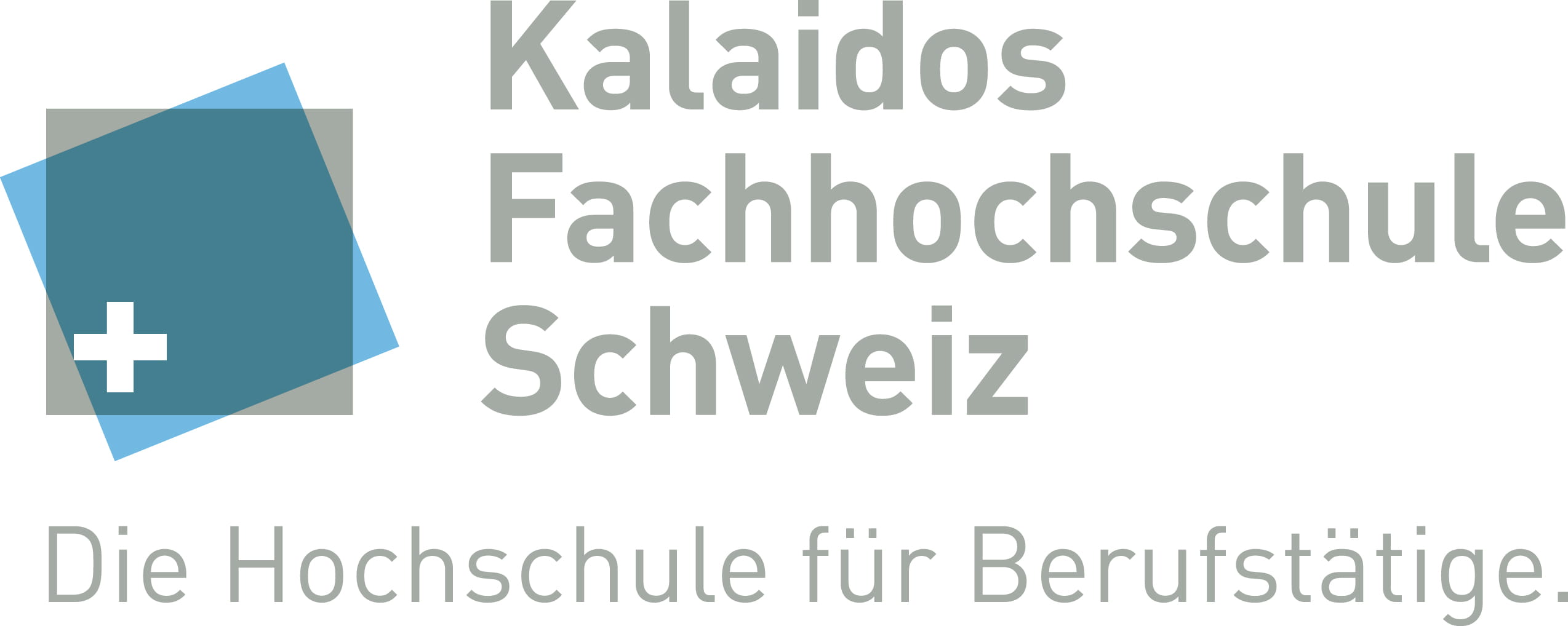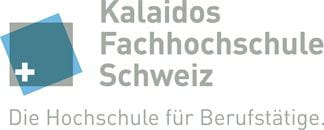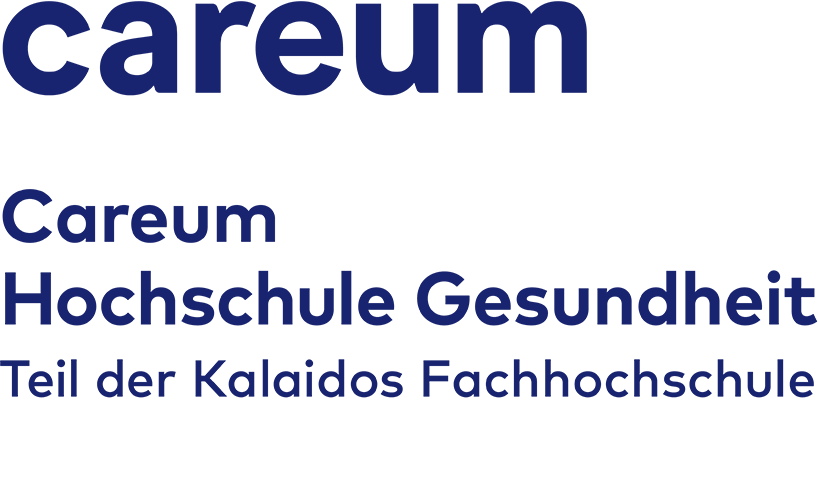Distance Caregiving
Hilfe und Pflege auf Distanz: Herausforderungen und Möglichkeiten, wenn Pflegebedürftige weit entfernt von unterstützenden Angehörigen leben.
Ausgangslage
Angehörige spielen in der häuslichen und stationären Gesundheitsversorgung eine wesentliche Rolle. Allerdings werden Angehörige vor Ort, die sich vorwiegend um die Pflege und Hilfe kümmern können, immer mehr zur knappen Ressource. Gründe dafür sind die Demografie, der Wertewandel und die veränderten Familienstrukturen. Deshalb sind neue Formen gefragt, in denen Menschen bereit sind, private und zumeist unbezahlte informelle Beiträge zur Sorge- und Pflegearbeit zu leisten. Dies soll auch jenseits der bisher vorrangigen Figur der hoch involvierten Hauptpflegeperson vor Ort passieren.
Projekt
Obwohl die gesellschaftliche Relevanz von Pflege und Hilfe auf Distanz steigt, wird das Thema wissenschaftlich, sozialpolitisch und betrieblich nur marginal behandelt. Hier setzt das binationale, interdisziplinäre Forschungs- und Entwicklungsprojekt «Distance Caregiving» an, das die Pflege- und Hilfepotenziale über nationale Distanzen und internationale Grenzen hinweg untersucht. Das Projekt wird gemeinsam von der Evangelischen Hochschule Ludwigsburg (D) und Careum Forschung durchgeführt. Es richtet den Fokus auf Angehörige in der Gesellschaft, am Arbeitsplatz und im Gesundheits- und Sozialwesen.
Insgesamt öffnet «Distance Caregiving» den Blick. Neben den traditionell mit «Pflege» verbundenen Handreichungen berücksichtigt «Distance Caregiving» auch zahlreiche andere Unterstützungsleistungen. Darunter fallen folgende Hilfen:
- Emotionale Unterstützung
- Entscheidungswege finden
- Motivation
- Koordination/Administration/Organisation
- Information
- Kontrolle und Sicherheit
Forschungsdesign
Multimethodisches Konzept mit Fokus auf Partizipation, Übertragbarkeit und Nachhaltigkeit; quantitative Sekundäranalysen, Experteninterviews, problemzentrierte Einzelinterviews; enge Verschränkung von Forschung und Entwicklung sowie Transfer.
Projektteam
Careum Forschung: Prof. Dr. Iren Bischofberger, Prof. Dr. Ulrich Otto, Karin van Holten
Evangelische Hochschule Ludwigsburg: Prof. Dr. Annette Franke, Dr. Birgit Kramer, Helena Kunz, Marketa Kindl
Praxispartner
- Daimler AG
- Wüstenrot & Württembergische AG
- Statistisches Landesamt Baden-Württemberg
- Evangelische Diakonissenanstalt Stuttgart
- BruderhausDiakonie, Reutlingen
Laufzeit
2016–2019
Drittmittel
Deutsches Bundesministerium für Bildung und Forschung, Schwerpunktprogramm SILQUA
Weitere Informationen
- Erfahren Sie mehr zu Distance Caregiving auf der ausführlichen Projektwebsite
- Careum Blog: Distance Caregiving – Pflege auf Entfernung von Christine Merzeder vom 21.09.2016.
- Newsmeldung Geriatriekongress in Wien: Careum Forschung leistet einen starken Beitrag zur Perspektivenvielfalt
Publikationen
Bischofberger, I., Franke, A., Otto, U., & Schnepp, W. (2017). Pflegebedürftige Angehörige aus Distanz unterstützen: Zwei Fallstudien. Pflege & Gesellschaft, 22(1), 84-93.
Bischofberger, I., Otto, U., & Franke, A. (2015). Distance Caregiving: Wie Angehörige ihre pflegebedürftigen Nächsten unterstützen können. Competence, 79 (3), 28–29. PDF
Otto, U., Bischofberger, I., Hegedüs, A., Kramer, B., van Holten, K., & Franke, A. (2017). Wenn pflegende Angehörige weiter entfernt leben – Technik eröffnet Chancen für Distance Caregiving, ist aber nicht schon die Lösung. In I. Hämmerle & G. Kempter (Hrsg.), Umgebungsunterstütztes Leben. Beiträge zum Usability Day XV (S. 140–148). Lengerich, Westfalen: Pabst Science Publishers. PDF
Otto, U., Tarnutzer, S., & Brettenhofer, M. (2015). Telemedizin für Ältere – Chancen mehren, kritische Punkte angehen! Therapeutische Umschau, 72 (9), 577–579. doi:10.1024/0040-5930/a000721





